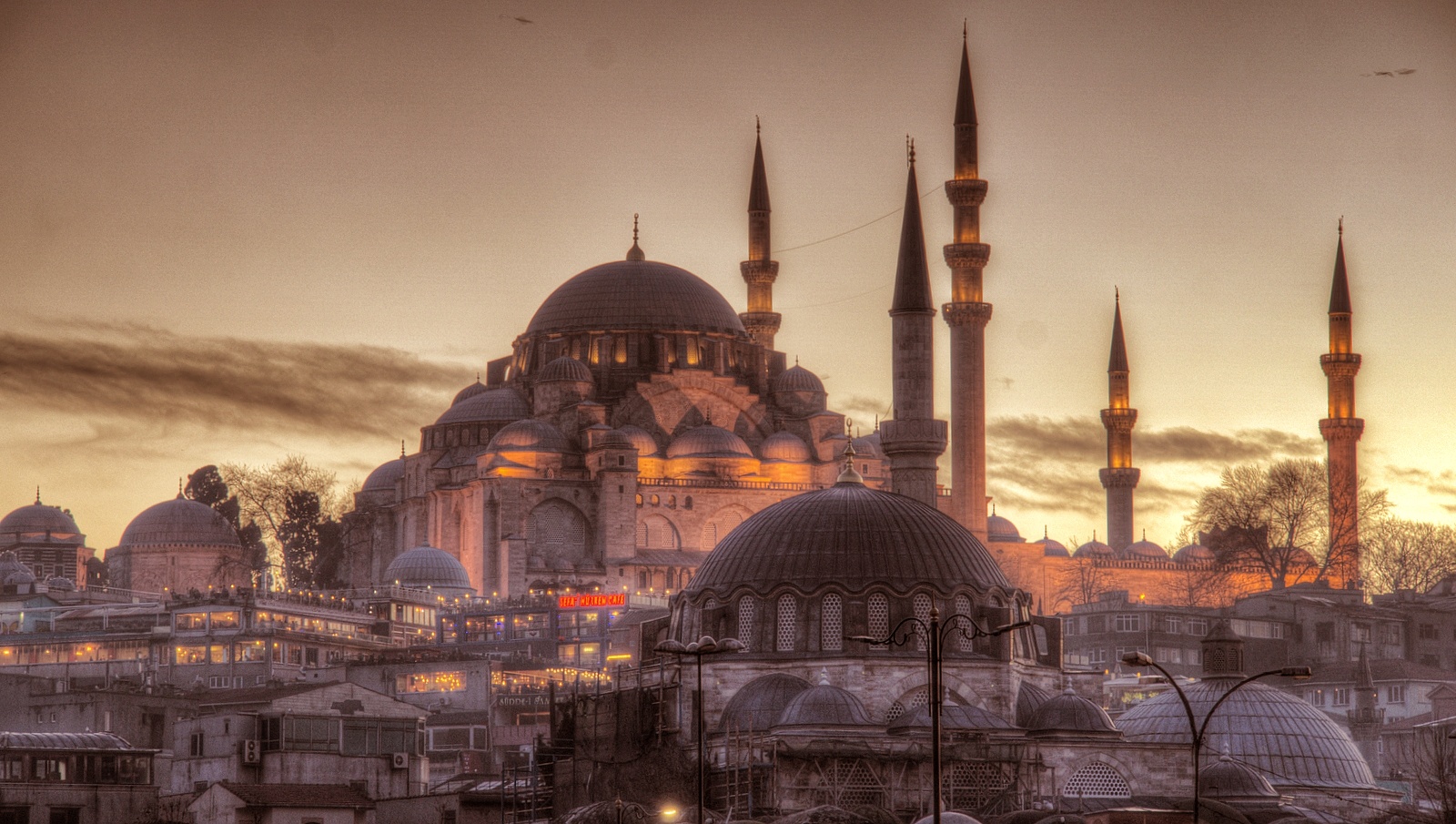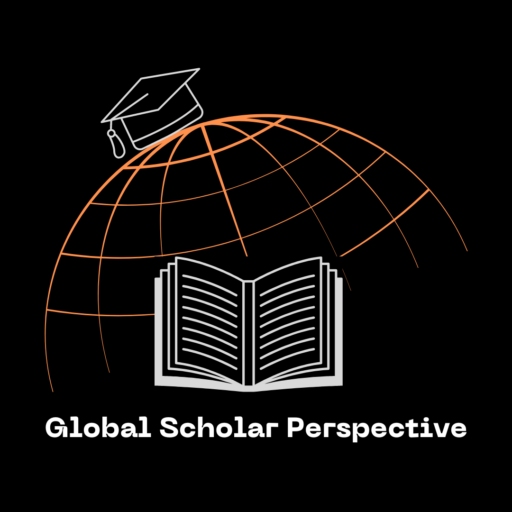
The process of Turkey's accession to the European Union is at a standstill. At the inaugural session of Parliament in early October, Turkish President Recep Tayyip Erdogan stated that he was not expecting anything more from the European Union, which has kept us waiting at its door for forty years. ". However, migration, geopolitical, and economic issues bind them in a relationship of interdependence, forcing Brussels and Ankara to maintain dialogue despite numerous stumbling blocks.
" "We have kept all the promises we made to the European Union, but they have kept almost none of theirs." " expressed indignation on Sunday, the 1ster October, the Turkish President, before an audience of nearly 600 lawmakers, before warning the EU that " if they do not reverse certain injustices, such as the imposition of visas, which they use as a latent sanction, if they do not correct their mistakes [...], they will completely lose the right to express any political, social, economic, or military expectations from us. ".
Launched in 2005, Turkey's accession process to the European Union has always been uneven. By comparison, Croatia began negotiations at the same time and has been a member of the EU for almost ten years now.
Today, the Council of the European Union regrets that Turkey's accession process is " at a standstill " for the past four years. The reforms that Brussels requests from Ankara, particularly those related to the development of the rule of law, have not been implemented; on the contraryand, accelerated since the attempted coup in 2016, the country is sinking into authoritarianism.
Obstacles to accession
For some, the mere fact that 97% of its territory is in Asia is enough to exclude Turkey from potential candidates. For others, the issue lies in the fact that the overwhelming majority of the population in this country of 85 million is Muslim.
Additionally, Turkey is mired in numerous human rights violations. The latest instance involves a ruling of the European Court of Human Rights. which accuses Turkey of convicting a man for belonging to a terrorist organization, based solely on the use of the encrypted messaging app Bylock. This app is considered a communication tool for the alleged perpetrators of the failed coup in 2016, which resulted in over 250 deaths and was followed by unprecedented mass arrests and political purges in Turkey. Since this event, the powers of the Turkish judiciary have weakened, opponents have been suppressed, and individual freedoms have been restricted, while state reforms have increased the president's power.
Moreover, Ankara is exhibiting an aggressive diplomacy that concerns the EU. Numerous disagreements exist between them in Libya, Syria, Nagorno-Karabakh, and the Aegean Sea, where the presence of hydrocarbons has led to heightened tensions between Greece and Turkey. Additionally, Ankara's support for the Turkish Republic of Northern Cyprus is noteworthy, as the EU views this region as occupied.
A relationship of interdependence
If the accession process is stagnant, collaboration remains mutually necessary, according to... Nicolas Monceau, a lecturer in political science at the University of Bordeaux.
According to him, for Brussels, Turkey has become a barrier against the waves of immigration that followed the outbreak of the civil war in Syria. In exchange for European aid, Ankara agreed to host more than 3.7 million Syrian refugees. The renewal of this agreement is therefore a significant issue.
The researcher further emphasizes Turkey's highly strategic nature, as a true "energy hub" that the EU cannot do without, a fortiori since the beginning of the war in Ukraine and the halt of Russian hydrocarbon deliveries. Furthermore, Erdogan's role as a mediator in this conflict has made the continuation of dialogue between Europe and Turkey necessary.
For Ankara, the EU remains its main trading partner. The country cannot turn its back on European investments, innovations, and standards.
The risks of a trend towards authoritarianism
In mid-September, Austria officially called for an end to negotiations between Turkey and the European Union. Its Chancellor, Karl Nehammer, stated that Turkey would remain an important partner but that it would be impossible for it to join the organization: ""It is important that we are honest with each other, which also involves officially ending the accession negotiations that have been frozen for years and developing a new concept of cooperation between neighbors."," he added..
Oliver Varhelyi, the European Commissioner for Enlargement, does not share this view. For him,, " it is vital that Turkey's path to EU membership be cleared and that the prospect of accession be revitalized.". The condition sine qua non for Turkey's accession remains the presentation of a " credible roadmap. "regarding reforms related to democracy and the rule of law."
But Ankara does not seem inclined to comply. In fact, the opposite is true, according to Marc Pierini, former European Union ambassador to Turkey, who wrote in an article for Monde, associates Erdogan's reelection with the " strengthening of an institutionalized autocracy. ", and to " the complete absence of reference to issues related to the rule of law. ". He expresses concern that in " turning away from Europe, [Turkey] it would align itself closely with authoritarian leaders. ".
An opinion shared by N. Monceau, who argues that such a pivot could pave the way for strengthened economic and trade exchanges between Turkey and actors like Russia or China. According to him, if relations worsen, Turkey could shift away from managing the migration crisis that it has contained so far, which could lead to significant repercussions for the European Union.
This viewpoint is echoed by N. Monceau, who suggests that such a pivot could facilitate increased economic and trade relations between Turkey and countries like Russia or China. He warns that if relations deteriorate, Turkey might abandon its management of the migration crisis that it has so far contained, potentially resulting in significant consequences for the European Union.
Marc-Aurèle Barez
Sources
[4] https://www.lopinion.fr/international/turquie-pourquoi-leurope-doit-renouer-avec-erdogan
